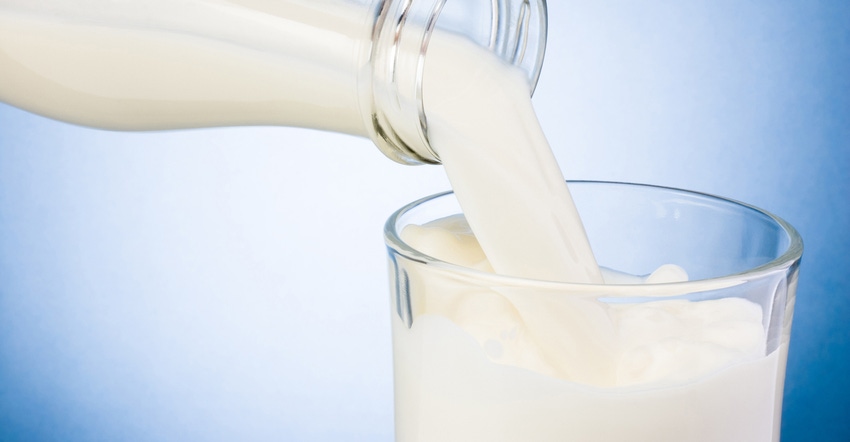
I go to the grocery store almost every day. I have to; my kids eat a lot.
My youngest son, who is now 16 months old, drinks a lot of milk. I buy lots of milk — sometimes 2 gallons a week — to satisfy his craving.
If you live in Lebanon County, you know that Swiss Premium has historically been the milk of the county. It is a local, iconic brand that has always been known for good quality. It’s what I buy when I go to the store.
But the Swiss Premium I remember as a little boy is no more. It’s now part of Dean Foods, and as part of Dean Foods it’s marketed under the Dairy Pure label in the milk case, as are other Dean Foods dairy products.
Swiss Premium is still on the label but it’s not as prominent. I guess the company thinks that people don’t care how their milk is labeled so long as the product in the gallon is milk, and so long that it is fresh and healthy.
They’re probably right in some sense. If you buy the argument that fluid milk consumption is declining, maybe milk labeling isn’t as important because consumers likely won’t buy it anyway.
But don’t tell this to New Hampshire ag leaders. They’re banking on people actually paying more in the supermarket for locally produced milk in order to help keep dairy farmers in business.
A bill recently signed by Gov. Chris Sununu will establish a premium on New Hampshire-produced and bottled milk — 50 cents per gallon is the target, according to Agriculture Commissioner Shawn Jasper — of which 85% would go directly to dairy farmers.
Processors will collect the premium, with the majority going to dairy farmers and 15% going to the program’s coffers. Producers will get paid based on their average milk production over a 12-month period.
Shoppers will have the choice of paying more for New Hampshire-labeled milk, or they can buy regularly priced milk. The premium will also apply to out-of-state New England processors who sell in the state.
To qualify for the new label, processors must verify that 85% of the product is New Hampshire-produced milk.
Farmers who do direct sales from the farm will also be able to participate.
There will be $200,000 allocated for the labeling program the first year.
So, will consumers buy it? A survey by University of New Hampshire residents shows mixed results.
Of the 506 people surveyed, two-thirds said they would pay up to 75 cents more per gallon of milk if it had a locally produced label on it. Nine in 10 survey respondents said labeling was important when it comes to buying locally grown foods.
But one in five respondents said they did not buy milk in a typical work week, and only a quarter of respondents said they buy at least a gallon of milk a week.
With only 96 dairy farmers left in the state — that’s according to Granite State Dairy Promotion — this could be a make-or-break effort for the industry to survive in New Hampshire.
Locally grown is big in New England. Many farmers have realized that to survive, value-added is the way to go. The number of farms has declined in the region, but so has the average farm size; the only exception being Vermont, according to the 2017 Ag Census.
The nature of dairy products and the cost of making butter, ice cream or other products make it difficult for smaller dairies to pop up in the middle of small towns and cities. You also need cows, and they need food and space.
I hope this labeling effort pays off. Times have changed. Milk now competes with many other options, including plant-based beverages, juices, sodas and other things. But dairy farming supports many jobs and keeps farmland in production, not to mention it preserves a local source of milk.
At the end of the day, though, people must put their money where their mouth is and buy local milk. Otherwise, what’s the point of a local label?
About the Author(s)
You May Also Like






